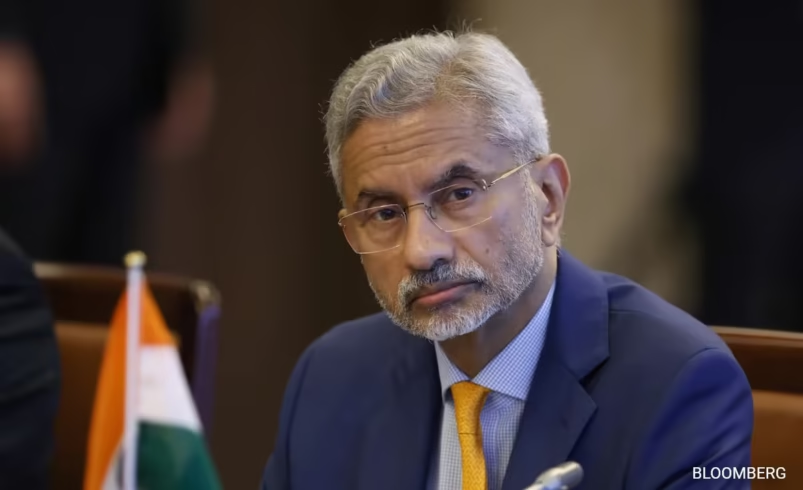India’s Foreign Minister to Visit China for First Time in Five Years
- July 11, 2025
- 0

India’s Foreign Minister, Subrahmanyam Jaishankar, is set to visit China this weekend, marking his first trip to the country in over five years. This visit comes as India and China work towards mending their strained relationship following the deadly border clashes in 2020. The visit highlights ongoing diplomatic efforts to stabilize ties between the two Asian giants.
During his visit, Jaishankar will engage in a bilateral meeting with his Chinese counterpart, Wang Yi, in Beijing. This meeting is significant as it occurs separately from the Shanghai Cooperation Organisation’s (SCO) council of foreign ministers’ summit in Tianjin on July 14-15. The SCO is a multilateral group led by China, comprising nine permanent members, including India and Pakistan. The separate meeting underscores the importance both nations place on repairing their bilateral relationship.
The discussions between Jaishankar and Wang are expected to cover a range of critical issues. These include rare earth supplies to India, the Dalai Lama’s succession, recent tensions between India and Pakistan, and the resumption of direct flights between India and China. These topics reflect the complex nature of India-China relations and the need for dialogue to address mutual concerns.
Jaishankar’s visit follows a series of high-profile trips by Indian officials to China as tensions have eased since late last year. Notably, India’s Defense Minister Rajnath Singh visited China last month for the SCO’s defense ministers’ meeting in Qingdao. These visits are seen as laying the groundwork for a potential visit by Indian Prime Minister Narendra Modi to the SCO leaders’ summit later this year.
Despite efforts to normalize relations, challenges remain. Diplomatic and economic ties between India and China deteriorated after the June 2020 border clashes, which resulted in casualties on both sides. While both nations have agreed to stabilize relations following meetings between their leaders at international summits, tensions persist over issues such as visa and investment restrictions.